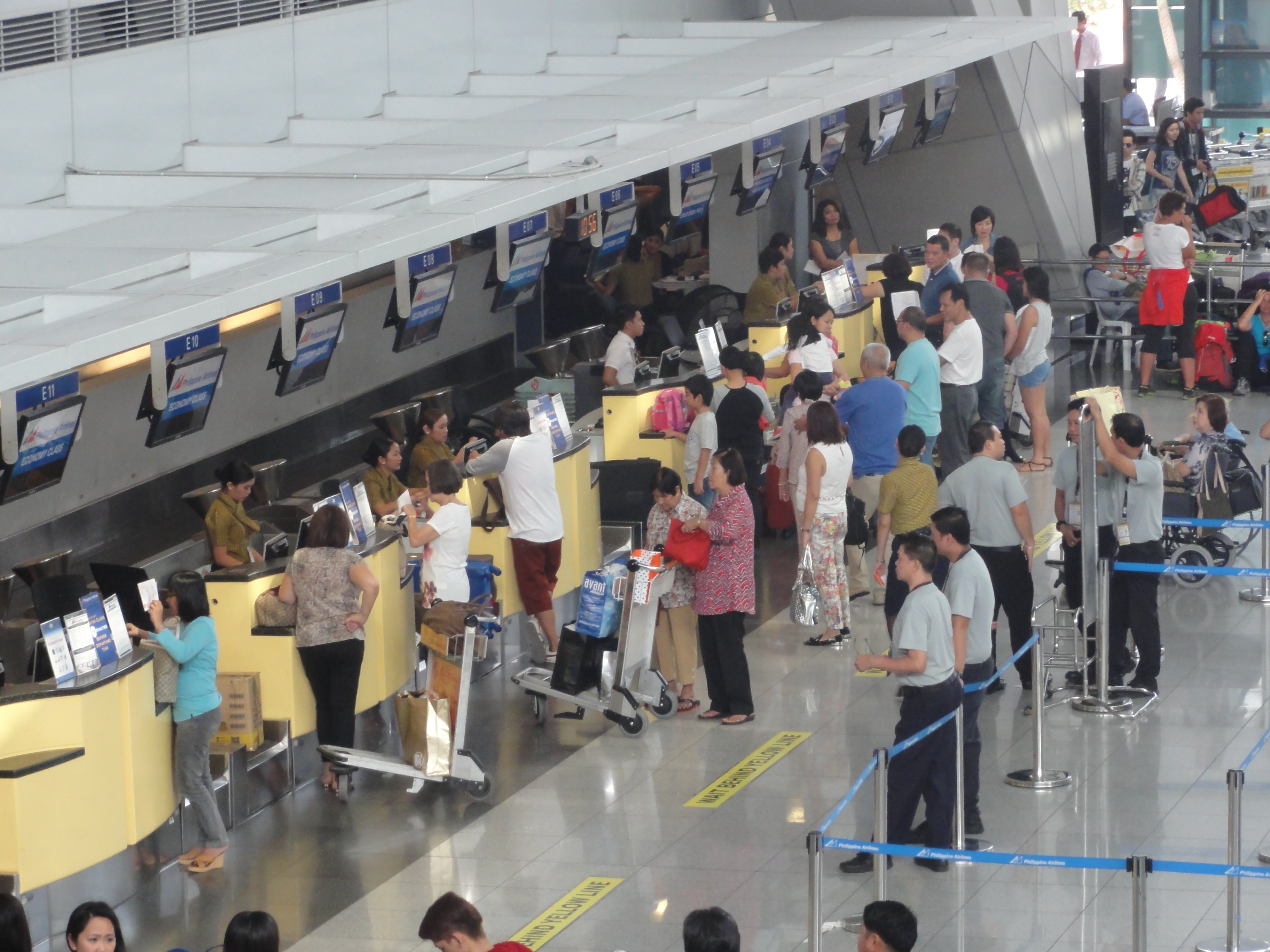Originally posted by McDuck
View Post
As you can see, we have gone from a "sellers" market to a "buyers" market within 12 months. Market demand by house buyers and market supply of houses for sale can be quite dynamic (however less dynamic than the stock market)




Comment